The next generation of Vauxhall Vivaro as well as existing Citroen Dispatch and Peugeot Expert vans will be built at the car maker's Luton plant from 2019 onwards, essentially confirming the future of the factory for a decade.
Since the PSA Group, which also owns Citroen, DS and Peugeot, bought Vauxhall and Opel from General Motors last year, there has been a huge question mark over the future of Vauxhall’s Luton and Ellesmere Port plants in the UK, which build the Vivaro and Astra respectively. The decision safeguards the future of the Luton plant, and PSA bosses have said a decision over Ellesmere Port will be made in 2020.
PSA chairman Carlos Tavares says the firm has now reached a deal with the UK Government, the Unite trade union and Luton Borough Council over the future of the plant. The deal includes an investment of £9 million from the UK Government, and will result in PSA investing in the site to increase production capacity to around 100,000 vehicles per year. The plant produced 60,000 Vauxhall/Opel Vivaro vans in 2017. The PSA release noted the deal had been reached "despite Brexit uncertainties".
"Performance is the trigger for sustainability and I would like to thank all stakeholders involved and underline the open mindset of our union partners, as well as that of the UK Government," said Tavares. "This is a major milestone for the future of the Luton plant and a key enabler to serve our ambitions in the commercial vehicle market, guaranteeing customers the best offering in the segment."
With the lifecycle of a commercial van around 10 years, the decision likely safeguards the future of the Luton plant until 2029. Unite Union general secretary Len McClusky said the deal would lead to the creation of around 350 new jobs at the site.
Tavares: we took a 'risk' on Luton
Speaking at the announcement in Luton, Tavares added that progress still needed to be made at the site. "Luton has decreased manufacturing costs by 17% in 2017 compared with 2016," he said. "It still needs to decrease by another 20% to be in line with continental plants.
"This plant is solid. We've been reviewing it this morning and this is a serious plant. PSA is a strong number one in Europe for light commercial vehicles, and we have plans to increase our worldwide presence."
Tavares added that the group will increase production at Luton instead of doing so at its French facility. "We are taking the risk to decide it now, and we will be working together in a more intense and efficient way to be the winners in this period of uncertainty. There was a choice to increase production capacity in our French LCV plant, but we want to use the full capacity of our manufacturing system in Europe, including the UK. We are working to give each of our plants the chance to be in control of their destiny."
The Vivaro has been built in Luton since 2001. It has been a sales success for Vauxhall and Opel, with a record 15,587 sold in Europe last year - up from 12,376 in 2016. The Vivaro shares a platform with the Renault Trafic as part of a joint venture. Today’s announcement ends that deal, with Tavares understood to be keen to cut ties with its rival French car maker.
Instead, the new Vivaro, to be built at the plant from 2019, will use the same EMP2 PSA Group platform which is used on rival vans, the Citroen Dispatch and Peugeot Expert. PSA sold 476,500 light commercial vehicles in 2017, a figure that rises to 658,000 when passenger car derivatives (such as the Peugeot Traveller) are included.

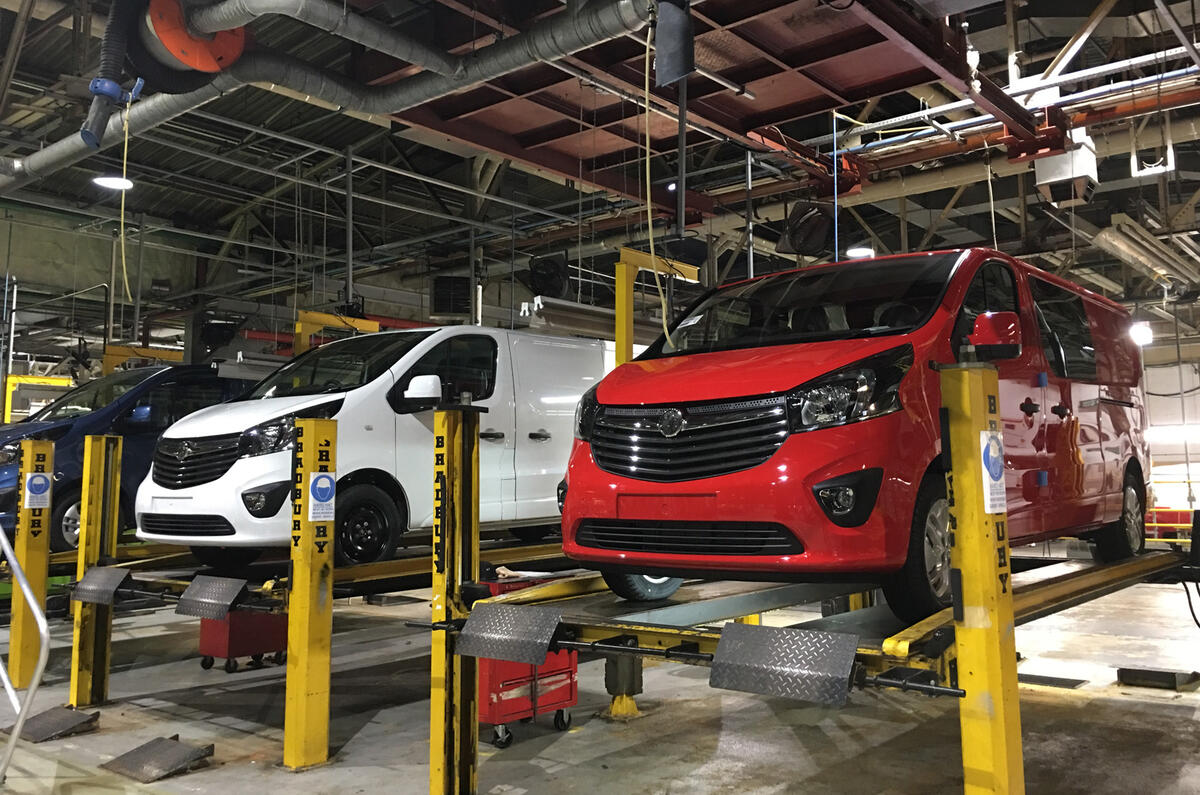
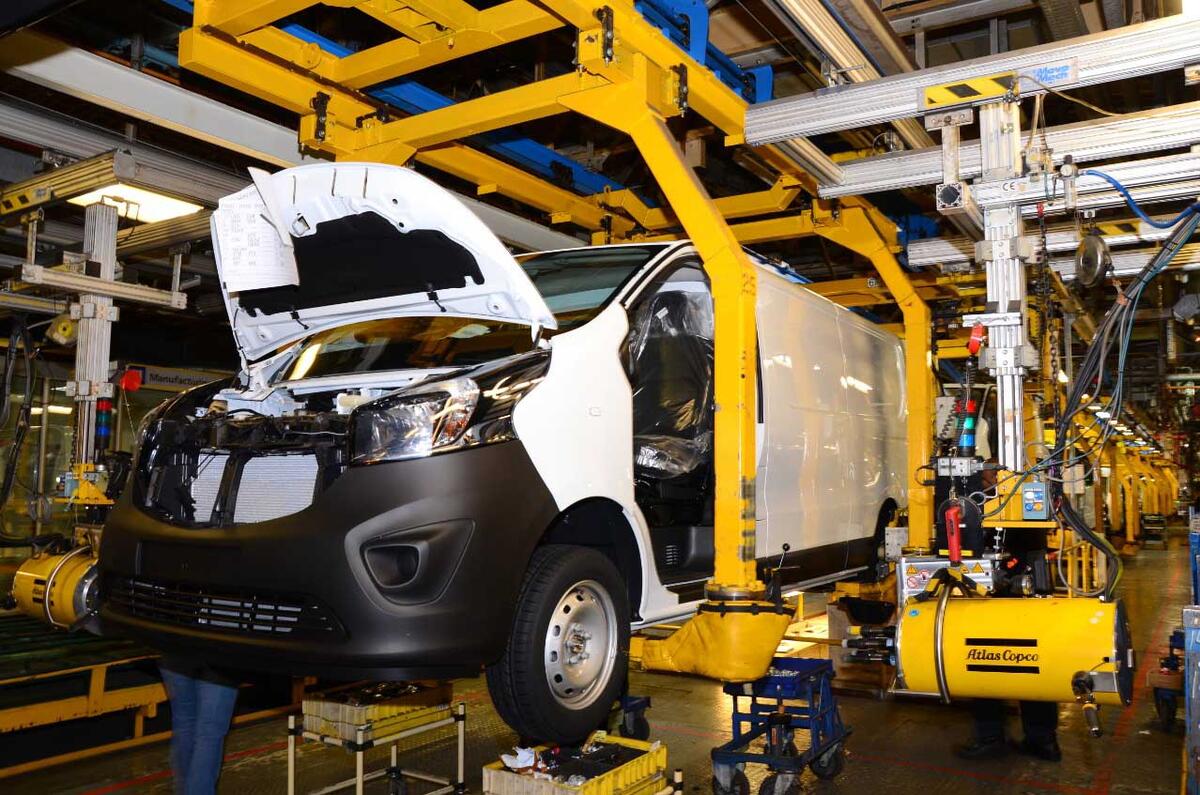
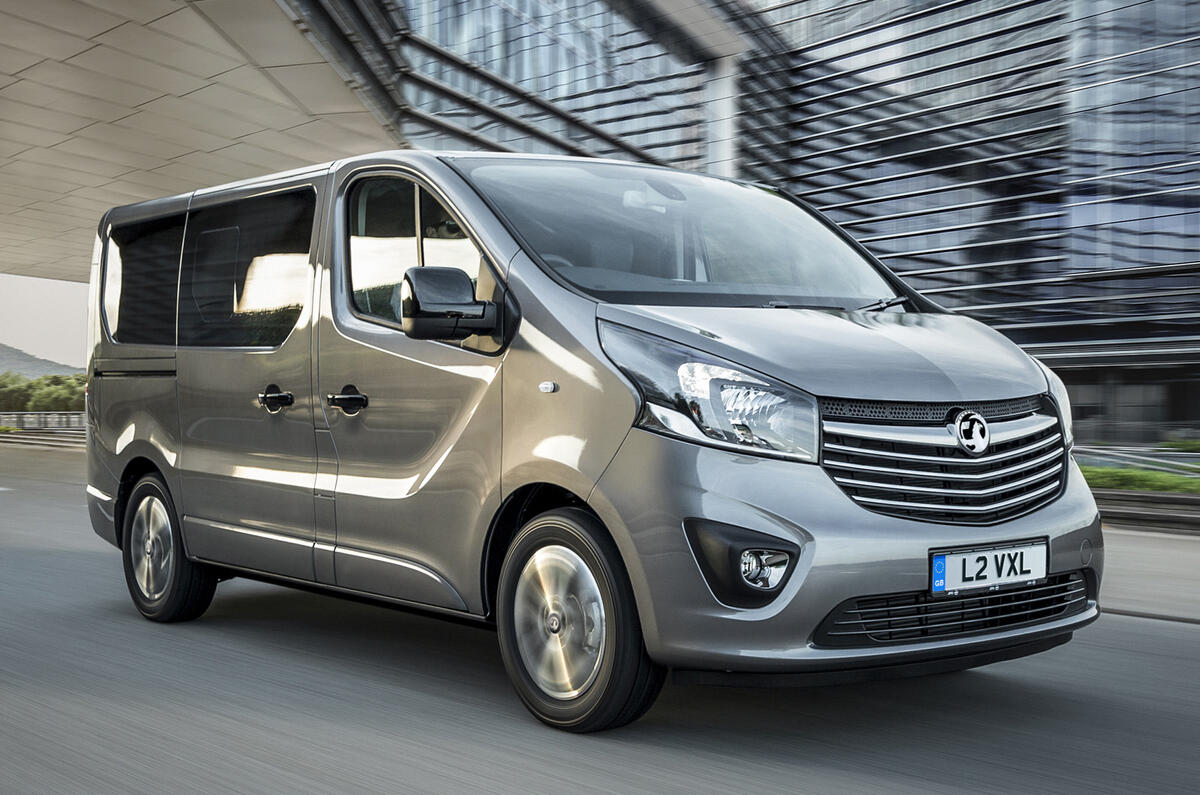
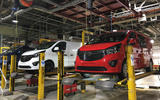
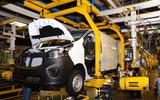



Join the debate
Add your comment
Good news or is it ?
Sad day where maintaining the status quo at one vehicle plant is considered a Brexit victory , the bar is set very low
Forget about Brexit. A UK
Forget about Brexit. A UK plant staying open and employing British workers IS good news.
The Luton car plant,and the Peugeot Ryton plant both shut down in the mid 2000s which had nothing to do with Brexit anyway
Yes, good news.
So the Vivaro is going to become a badge engineered Peugeot Expert/Citroen Dispatch van, which are based on the EMP2 platform, which underpins the vast majority of the PSA range. So if they wanted to, the Luton plant could feasibly expand to build cars too?
The last Citroen to be built in the UK was the ID back in the 1960s. Here's hoping Citroen might yet build a car that is a worthy successor to it here!
However I fear that Ellesmere Port will find it harder to survive...
GB
The time has not yet come for Rule Britania, but the the British automotive industry should raise its head and be British again, not French and Japanese.
sabre wrote:
But the British automotive industry has to operate in a global market. The days of the empire are gone, those halcyon days are over and the British motor industry IS French, Japanese, German, Indian et ainsi de suite.